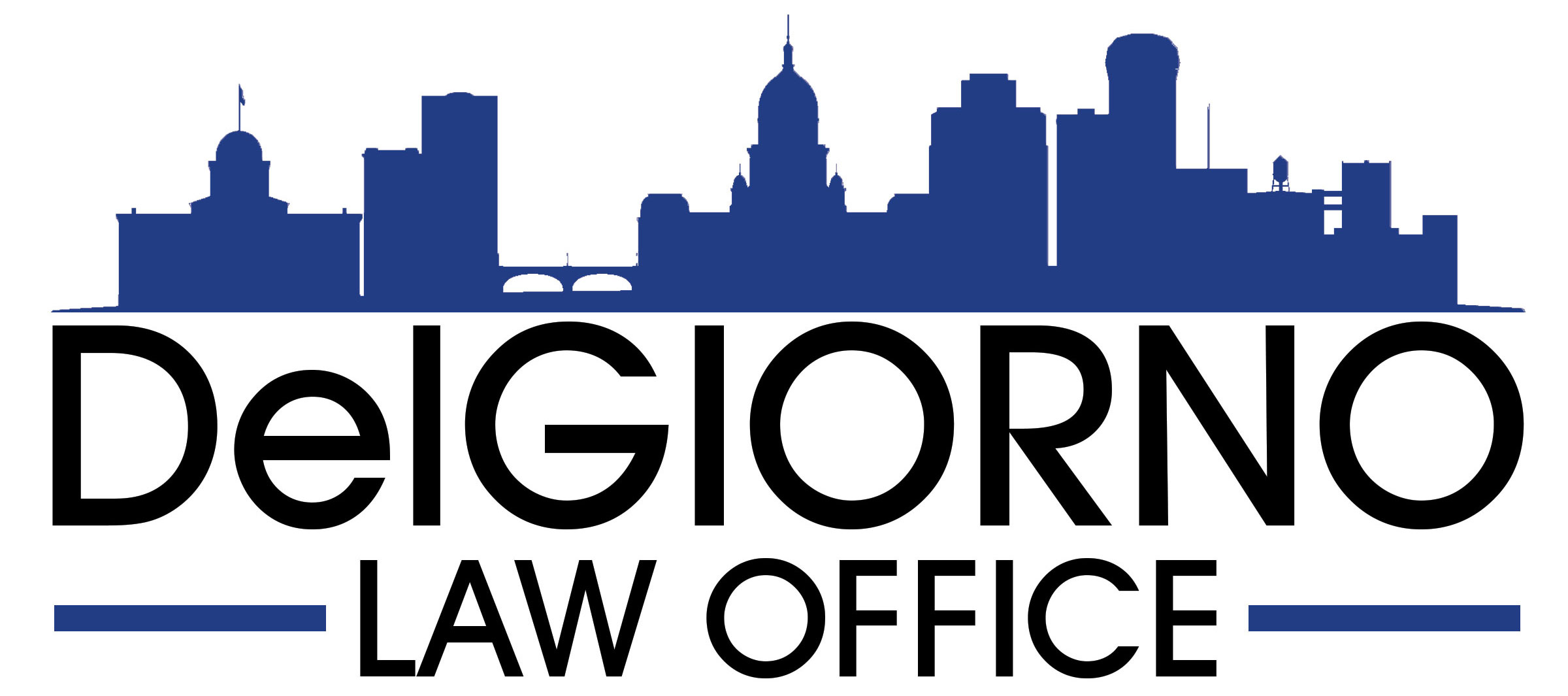How Does the Coronavirus Relief Bill Affect Seniors?
The $2 trillion economic relief package that Congress passed to help Americans deal with the devastating financial impact of the coronavirus pandemic contains some provisions that affect seniors. In addition to authorizing direct payments to most Americans, including seniors, the law also changes required retirement plan distributions for this year and includes Medicare-related provisions.
Signed into law on March 27, 2020, the Coronavirus Aid, Relief, and Economic Security (CARES) Act provides a one-time direct payment of $1,200 to individuals earning less than $75,000 per year ($150,000 for couples who file jointly), including Social Security beneficiaries. Payments are based on either 2018 or 2019 tax returns. The IRS has issued guidance, stating that anyone who did not file a 2018 tax return will need to file a simple tax return in order to receive the payment. After getting complaints that the requirement to file a tax return would be burdensome on seniors, the IRS announced that it would automatically send Social Security beneficiaries their stimulus check without their having to file a tax return. Social Security beneficiaries who receive direct deposit will get their checks directly in their bank accounts. The IRS will mail other beneficiaries a check, which may take longer than the direct deposit.
The CARES Act also affects retirement plans. Recognizing that the stock market crash has depleted many retirement plan accounts, the Act waives the requirement that individuals over a certain age take required minimum distributions from their non-Roth IRAs and 401(k)s in 2020. This includes any 2019 distributions that would otherwise have to be taken in 2020. Required minimum distributions for this year would be based on the value of the account at the end of 2019, when the account likely had more money in it. Waiving required minimum distributions will allow retirees to retain more of their savings.
In addition, the CARES Act allows individuals adversely affected by the pandemic to make hardship withdrawals of up to $100,000 from retirement plans this year without paying the 10 percent penalty that individuals under age 59 ½ are usually required to pay. Individuals who use this option will still have to pay income taxes on the withdrawals, although the tax burden can be spread out over three years. The dollar limit on loans from retirement plans is also increased until the end of the year.
Finally, the Act includes small but potentially important provisions for Medicare beneficiaries. While the Centers for Disease Control has been advising people to have a three-month's supply of needed medications on hand during the coronavirus crisis, many Medicare Part D plans limit the amount beneficiaries may order. The CARES Act requires that during the crisis Part D plans must lift these restrictions. Also, when a vaccine against COVID-19 is finally developed, it will be available to Medicare beneficiaries as part of Medicare, not Part D, and there will be no cost to beneficiaries.
What Can You Do to Protect Your Loved One in a Nursing Home During the Pandemic?
As the coronavirus spreads across the United States, nursing home residents are among the most vulnerable to the disease. How to try to ensure that your loved one stays healthy?
The first thing you can do is research the nursing home. While you likely made inquiries before your loved one moved in, you may not have gotten into specifics about the facility’s policies for preventing infection. The Centers for Disease Control (CDC) has a factsheet that covers key questions to ask nursing home officials about their infection prevention policies, including:
How does the facility communicate with family when an outbreak occurs?
Are sick staff members allowed to go home without losing pay or time off?
How are staff trained on hygiene?
Are there private rooms for residents who develop symptoms?
How is shared equipment cleaned?
You can also check on staffing levels. Facilities that are understaffed may have workers who are rushing and not practicing good hand-washing. There are no federal minimum staffing levels for nurses aides, who provide the most day-to-day care, but the federal government recommends a daily minimum standard of 4.1 hours of total nursing time per patient.
The Centers for Medicare and Medicaid Services and the CDC have issued guidance to nursing homes to try to prevent the spread of the coronavirus, including restricting all visitors except in end-of-life situations. You should follow the rules of the facility. If the facility is not limiting or not allowing visitors, do not try to break the rules.
You should check with the facility to make sure it is following the guidance from CMS and the CDC, which includes recommendations to do the following:
- Restrict all visitors, with exceptions for compassionate care
- Restrict all volunteers and nonessential health care personnel
- Cancel all group activities and communal dining
- Begin screening residents and health care personnel for fever and respiratory symptoms
- Put hand sanitizer in every room and common area
- Make facemasks available to people who are coughing
- Have hospital-grade disinfectants available
*Tony DelGiorno is an elder law attorney with the office of Rammelkamp Bradney, P.C. Visit his website at www.elderlawspringfield.com or call 217-522-6000. During the pandemic restrictions, Tony is offering phone and video conference options to assist with your elder law needs such as Medicaid planning, estate planning, Wills, Trusts, Guardianship, and nursing home neglect cases.

Recent Comments